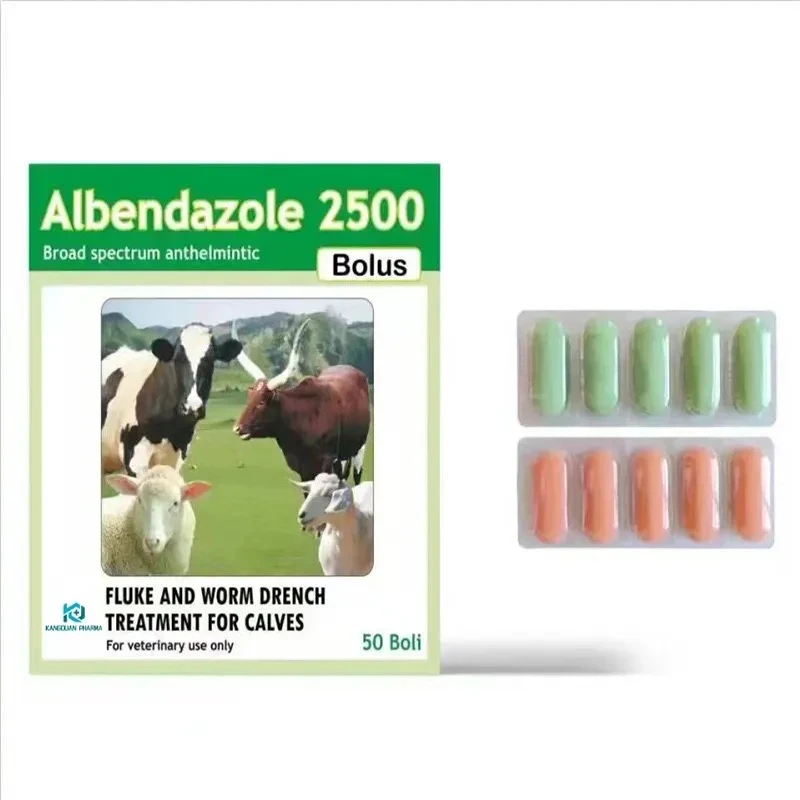- Afrikaans
- Albanian
- Amharic
- Arabic
- Armenian
- Azerbaijani
- Basque
- Belarusian
- Bengali
- Bosnian
- Bulgarian
- Catalan
- Cebuano
- Corsican
- Croatian
- Czech
- Danish
- Dutch
- English
- Esperanto
- Estonian
- Finnish
- French
- Frisian
- Galician
- Georgian
- German
- Greek
- Gujarati
- Haitian Creole
- hausa
- hawaiian
- Hebrew
- Hindi
- Miao
- Hungarian
- Icelandic
- igbo
- Indonesian
- irish
- Italian
- Japanese
- Javanese
- Kannada
- kazakh
- Khmer
- Rwandese
- Korean
- Kurdish
- Kyrgyz
- Lao
- Latin
- Latvian
- Lithuanian
- Luxembourgish
- Macedonian
- Malgashi
- Malay
- Malayalam
- Maltese
- Maori
- Marathi
- Mongolian
- Myanmar
- Nepali
- Norwegian
- Norwegian
- Occitan
- Pashto
- Persian
- Polish
- Portuguese
- Punjabi
- Romanian
- Russian
- Samoan
- Scottish Gaelic
- Serbian
- Sesotho
- Shona
- Sindhi
- Sinhala
- Slovak
- Slovenian
- Somali
- Spanish
- Sundanese
- Swahili
- Swedish
- Tagalog
- Tajik
- Tamil
- Tatar
- Telugu
- Thai
- Turkish
- Turkmen
- Ukrainian
- Urdu
- Uighur
- Uzbek
- Vietnamese
- Welsh
- Bantu
- Yiddish
- Yoruba
- Zulu
නොවැ. . 13, 2024 08:44 Back to list
tylan injectable for chickens
Tylan Injectable for Chickens An Overview
Tylan, also known as tylosin tartrate, is a widely used antibiotic in the poultry industry, particularly for the treatment of various bacterial infections in chickens. As an important tool for avian health, Tylan injectable has gained prominence due to its effectiveness against common respiratory and gastrointestinal bacterial pathogens. This article dives into the usage, benefits, dosage, and considerations associated with Tylan injectable in chickens.
What is Tylan?
Tylan is a macrolide antibiotic that exerts its effects by inhibiting protein synthesis in bacteria. It is primarily effective against Gram-positive bacteria and some Gram-negative species, making it suitable for combating infections such as Mycoplasma, Pasteurella, and certain strains of E. coli. The injectable form of Tylan is particularly advantageous for treating moderate to severe infections, where rapid and effective intervention is crucial.
Indications for Use
Tylan injectable is primarily used in chickens to treat respiratory diseases, enteritis, and other bacterial infections that can lead to significant economic losses in poultry operations. Some common indications include
1. Mycoplasmosis This disease is often associated with respiratory complications and can lead to chronic respiratory disease (CRD) in chickens. Tylan is effective in managing and reducing the severity of the symptoms. 2. Necrotic Enteritis Caused by various bacterial pathogens, this condition can lead to significant mortality in broiler chickens. Tylan assists in controlling the progression of this disease.
3. Colibacillosis Infections caused by E. coli can lead to significant economic losses, especially in young chicks. Tylan helps in reducing infection rates and improving overall health.
4. Fowl Cholera This highly contagious disease caused by Pasturella multocida can decimate flocks. Tylan can be used as part of a comprehensive treatment strategy.
Administration and Dosage
Tylan injectable is typically administered subcutaneously (under the skin) or intramuscularly (into the muscle) in chickens. The dosage may vary depending on the severity of the infection and the specific recommendations from a veterinarian or based on the manufacturer's guidelines. Generally, the recommended dosage is around 10-20 mg per kg of body weight, given as a single injection or divided into multiple doses.
It is crucial to ensure that the dosing is accurate and that chickens receive the full course of treatment to maximize effectiveness and prevent the development of antibiotic-resistant bacteria. As always, consult with a veterinarian to tailor the treatment to the needs of your flock.
tylan injectable for chickens

Benefits of Tylan Injectable
1. Rapid Action Tylan injectable provides quick relief from infections, allowing chickens to recover faster and return to production.
2. Broad Spectrum Its effectiveness against a range of bacterial pathogens makes it a versatile choice for poultry farmers.
3. Ease of Administration The injectable form allows for easier delivery in situations where oral administration may not be feasible.
4. Reduced Mortality Rates Timely treatment with Tylan can significantly reduce mortality rates associated with bacterial infections.
Considerations and Precautions
While Tylan injectable is an effective treatment option, there are several considerations to keep in mind
- Withdrawal Time It is essential to observe the appropriate withdrawal period before slaughter to ensure that antibiotic residues are not present in the meat. Typically, this period is around 5-7 days, but always refer to specific guidelines.
- Antibiotic Resistance Like all antibiotics, there is a risk of developing antibiotic-resistant bacteria. It is crucial to use Tylan judiciously and only when necessary.
- Veterinary Guidance Always consult a veterinarian before administering any medication to ensure it is the appropriate treatment based on the specific health concerns of the flock.
Conclusion
Tylan injectable is a valuable tool in the management of bacterial infections in chickens. Its rapid action, effectiveness against a broad spectrum of pathogens, and ease of use make it a go-to option for poultry farmers. However, responsible usage and adherence to veterinary guidelines are essential to ensure the overall health of the flock and minimize the risk of developing antibiotic resistance. With proper management, Tylan injectable can play a critical role in promoting avian health and productivity in commercial poultry operations.
-
Guide to Oxytetracycline Injection
NewsMar.27,2025
-
Guide to Colistin Sulphate
NewsMar.27,2025
-
Gentamicin Sulfate: Uses, Price, And Key Information
NewsMar.27,2025
-
Enrofloxacin Injection: Uses, Price, And Supplier Information
NewsMar.27,2025
-
Dexamethasone Sodium Phosphate Injection: Uses, Price, And Key Information
NewsMar.27,2025
-
Albendazole Tablet: Uses, Dosage, Cost, And Key Information
NewsMar.27,2025













